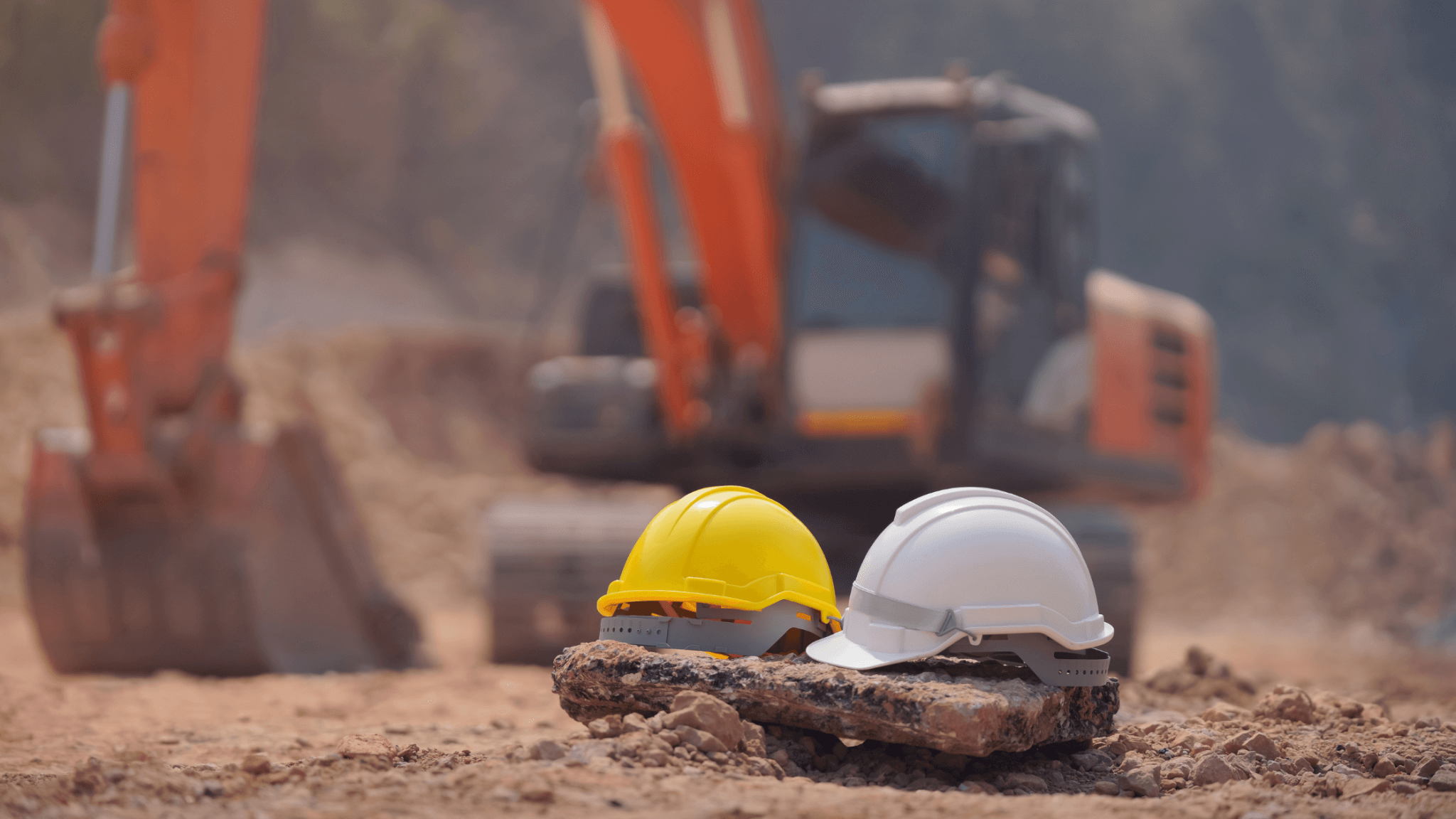A skilled labor shortage in Alberta is causing headaches for construction projects and jeopardizing the province’s ability to keep up with a growing population.
In early June, Calgary suffered a catastrophic break in one of its water mains, causing city officials to declare a local emergency and ask households to reduce water use by 25%. The broken pipe paralyzed the city for weeks as crews worked around the clock to complete repairs before millions of visitors descended on the city for the Calgary Stampede.
The source of the break was an ancient pipe, the sort of aging infrastructure problem that many experts warn will plague Alberta in the next few decades, especially coupled with a shortage of skilled tradespeople needed to repair it.
Alberta’s population is rapidly growing—the province added 200,000 new citizens last year alone—and with this growth comes the need to build new homes, repair roads, and upgrade critical infrastructure. Unfortunately, like the rest of Canada, Alberta is experiencing a shortage of skilled trades.
Buildforce Canada says part of the issue is the number of retiring tradespeople Alberta will need to replace. An estimated 42,500 workers (23% of the workforce) are expected to retire by 2033.
To combat this problem, the Government of Alberta has increased funding for post-secondary apprenticeship programs. Higher enrolment rates seem to indicate
the strategy has been successful, but it will take years for graduates to gain the skills and experience needed to match those hanging up their hard hats.
To fill the gap, which is estimated to reach 22,000 jobs by 2033, Alberta has also launched an initiative designed to entice tradespeople from Ontario, Quebec, and BC. The Alberta is Calling campaign promises a $5000 tax-free “moving bonus” to anyone who moves to Alberta and stays for a year while working in any of 55 included skilled trades.
In the meantime, business owners compete with large-scale industrial projects to hire the skilled tradespeople they need to get the job done.



3 comments